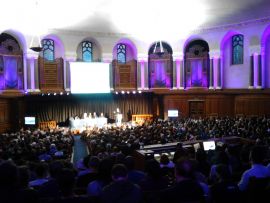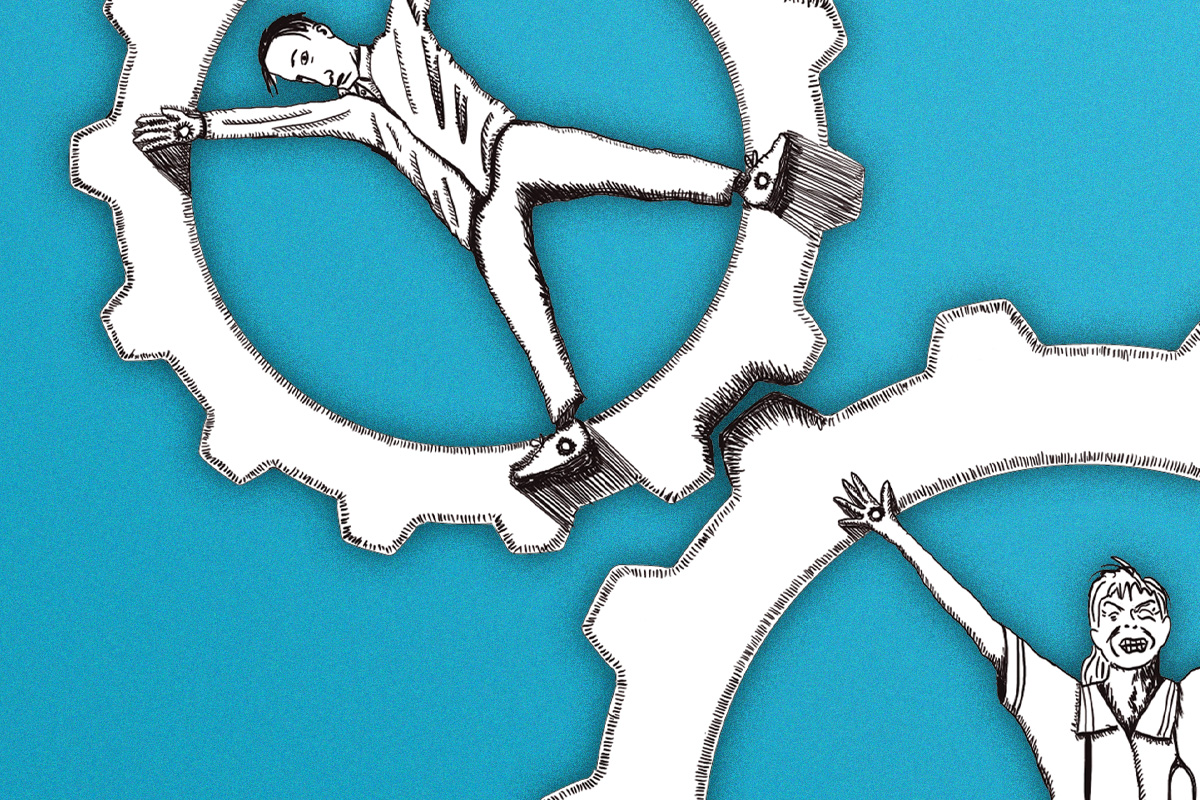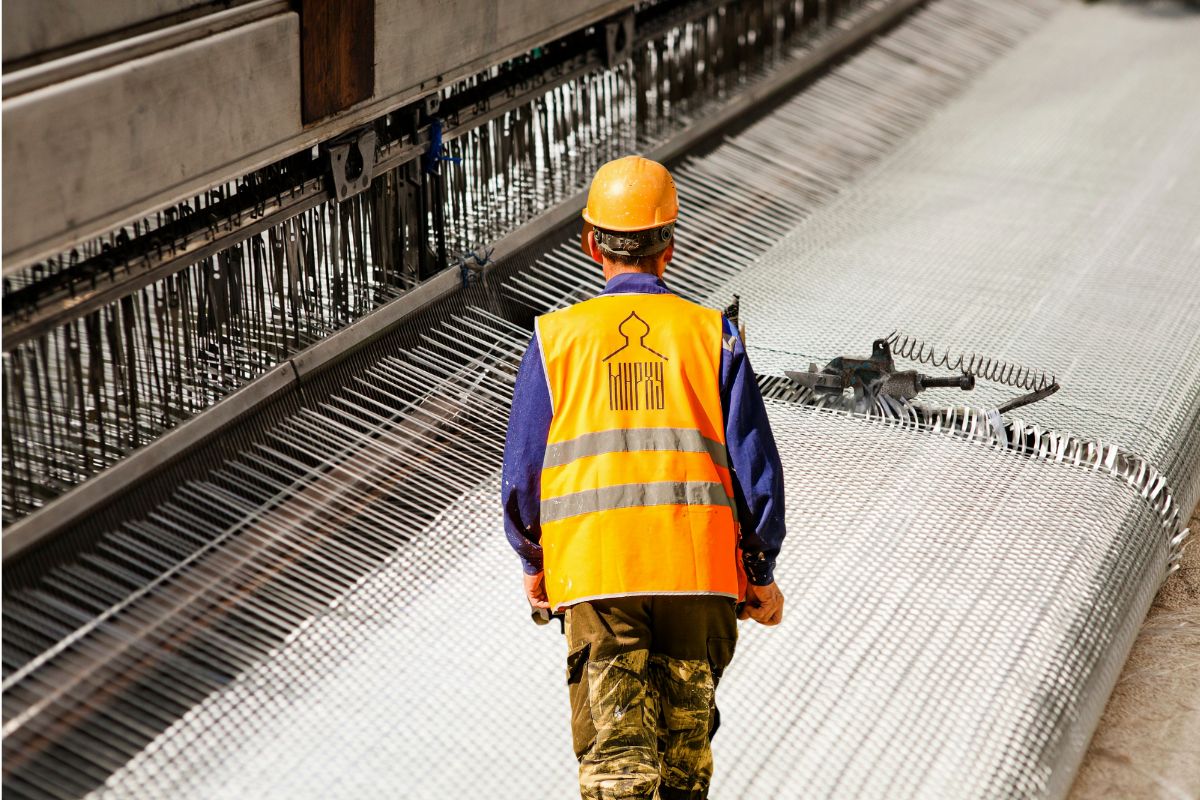Last night, the People’s Assembly Against Austerity hosted a meeting with Yanis Varoufakis about how to fight austerity. Hundreds were present, inspired into political activity by Jeremy Corbyn’s tremendous Labour leadership victory. The task now is to argue for a bold socialist alternative to capitalism’s war and austerity.
Last night’s anti-austerity meeting hosted in Westminster by the People’s Assembly reaffirmed the potential strength of socialist ideas, but there is still a long way to go.
Hundreds of people in a packed hall listened to speeches by various people, including James Meadway of the New Economics Foundation, ex-finance minister of Greece Yanis Varoufakis, and the newly appointed shadow international development secretary Diane Abbott. Unsurprisingly after Corbyn’s victory on Saturday, the common and wildly popular theme running through all the speeches was anti-austerity.
Abbott pointed out that the poorest and most vulnerable were being made to shoulder the cost of bailing out the bankers. Varoufakis said that the Labour Party needed to rediscover class war. And Meadway explained that austerity isn’t just a question of a bad idea, but a fight against an entire system and its institutions.
But these good points were unfortunately mixed in with some very weak ones, giving the speeches a sense of confusion. All the speakers described austerity as “ideological”, by which they mean that another way is possible within the confines of capitalism. It is surprising that Varoufakis, who also said that “bargaining” was the way forward for the labour movement, has not learned the lessons from his own experience as chief negotiator with the representatives of European capitalism. The Syriza government in Greece tried to bargain with the Troika in order to find an alternative to austerity within the limits of capitalismm, and yet they ended up with a worse deal than if it had not tried at all.
Meadway, who also put forward a position that austerity is “ideological”, is influential on Jeremy Corbyn’s economic thinking. Corbyn puts forward a clear programme of progressive reforms, all of which we must fight for. But it is dangerous to sow illusions that these reforms can be met, or that there is an alternative to austerity, as long as we accept the logic of capitalism – a system in neverending crisis. The fight against austerity is, in reality, the fight against capitalism. It is unfortunate that not a single speaker last night made this essential point.
Varoufakis, to his credit, talked about class politics and explained the lengths to which the ruling class will go to protect their privileges, using the appalling violence done to the Greek working class in the name of austerity as an example. But unfortunately the rest of Varoufakis’ speech varied between incomprehensible and incorrect.
He made the bizarre suggestion that Britain hasn’t actually suffered any austerity – something all the people who have faced attacks on their standards of living might well disagree with. In fact, Varoufakis stated, none of the ruling class really think that austerity is a good idea, they just use it as a political tool to crush those who don’t agree with them – this explains what happened to Syriza in Greece. From comments like this it seems that Varoufakis has completely missed the significance of the deepest crisis capitalism has ever faced, and what it forces the bourgeoisie to do to defend their interests.
It is true that the Troika went to extreme lengths with the austerity measures that they demanded from Syriza, in order to humiliate the government that was seen as an inspiration by millions across Europe. But the ruling class does not pursue such a path for purely “ideological” reasons; after all – the capitalists would like to avoid open class struggle and antagonism if possible. What this attempt to politically crush Syriza shows, is that the capitalist system can no longer afford the reforms of the past, and the ruling class are therefore forced to go to extraordinary lengths in order to smash any resistance to the austerity that the system demands.
Varoufakis went on to describe the struggles of the miners and printers against Thatcher as “Luddite”, and said that today the Left needs to focus on attracting young people who “don’t care about collective action” and are only interested in “creating an app and becoming a millionaire”. The way to do this, Varoufakis says, is by creating a people’s investment bank that trades on the money markets and invests in “decentralising and disruptive technologies”.
Again, it seems that Varoufakis has learned nothing from his own experience. Millions of people, many of them young, have become involved in radical politics and collective action in Greece in the recent period. This happened because Syriza appeared to be challenging the Troika and offering a fundamental change to the political and economic system. It had literally nothing to do with “investment in decentralising and disruptive technologies”. The same can be said for Jeremy Corbyn’s campaign, which has enthused young people previously alienated by politics, because Corbyn talks about socialism and offers young people the future that capitalism is robbing them.
The arguments of people like Varoufakis and Meadway are irresponsible for leading figures of the movement, because they sow illusions in capitalism. The leaders of the labour movmement, and of the broad anti-austerity coalitions such as the People’s Assembly, should be using the platform available to them to put forward a real alternative to austerity, not to argue for “responsible” capitalism.
It will be on the basis of a clear, coherent and bold fight for socialism that our fight against austerity will be won, because it is this that will really engage young people and the working class in the struggle. The People’s Assembly does a great job of organising demos and meetings, the next being the “festival of resistance” in Manchester on 3-7 October to protest at the Tory Party conference. But, if we are not armed with correct and powerful ideas, demos and rallies will not be enough. On the question of austerity we must win the battle of ideas, and argue for a genuine, socialist alternative; and for this, a Marxist programme is essential.






